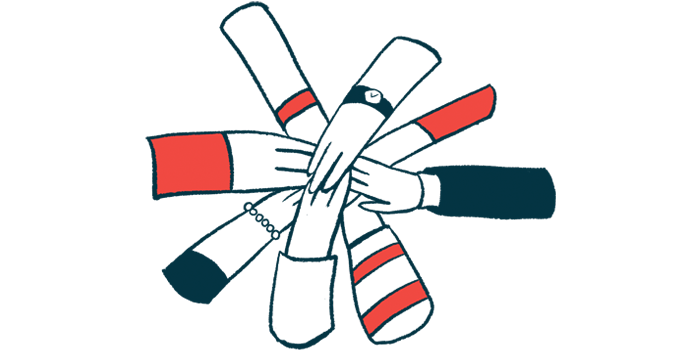Grant supports work to expand sickle cell care where most needed
CHAI to promote testing, hydroxyurea use in low- and middle-income countries
Written by |

The Clinton Health Access Initiative (CHAI) is leading a project that aims to expand access to diagnostic tests and treatments for sickle cell disease (SCD).
The project is being funded by a three-year, $8 million grant from Open Philanthropy, an advised fund of the Silicon Valley Community Foundation, the largest charitable foundation in Silicon Valley, a region of northern California known for its high-tech industries.
“We have a proven track record in transforming diseases from death sentences to manageable conditions, and this grant will help us extend that impact to SCD,” David Ripin, PhD, chief science officer and executive vice president of infectious diseases at CHAI, said in a press release from the initiative.
Clinton Health Assess Initiative works to overcome limitations facing patients
SCD is a genetic disorder that affects red blood cells. Diagnosing the condition is fairly straightforward with modern tests, and there are a variety of available disease treatments. In the U.S. and other wealthier nations, cutting-edge treatments, including gene therapy, have recently been approved for SCD, offering transformative results for patients.
But most people with SCD live in Africa, where access to treatments and diagnostic tests is often limited. As such, even though SCD generally can be managed with proper medical care, it still ranks as one of the leading causes of child mortality worldwide. It’s estimated that more than half of children with sickle cell die before their fifth birthday if they don’t have access to appropriate care.
“Sickle cell disease embodies the glaring inequities in global healthcare access,” Ripin said. “While the world is focused on an SCD cure through gene therapies, the reality is that hundreds of thousands of children born in low- and middle-income countries are dying every year because they don’t have access to basic diagnostic tests and affordable treatments.”
With the new project, CHAI is planning to implement market-shaping strategies to reduce the cost of SCD diagnostics by at least 25%, while also increasing access to hydroxyurea, a well-established oral treatment for the condition. CHAI also will be partnering with healthcare systems in countries where SCD is highly prevalent, including Ghana, India, and Nigeria, to expand screening programs so that children with SCD can be diagnosed, started on treatment, and have continued access to treatment.
“Early detection and prevention are crucial in managing sickle cell disease,” said Leslie Emegbuonye, CHAI Ghana country director. “With this funding, we can prioritize healthcare for children under five living with SCD, ensuring no one is left behind.”
CHAI is a nonprofit organization working to improve health outcomes in developing and less wealthy world regions by strengthening and sustaining quality health systems.






